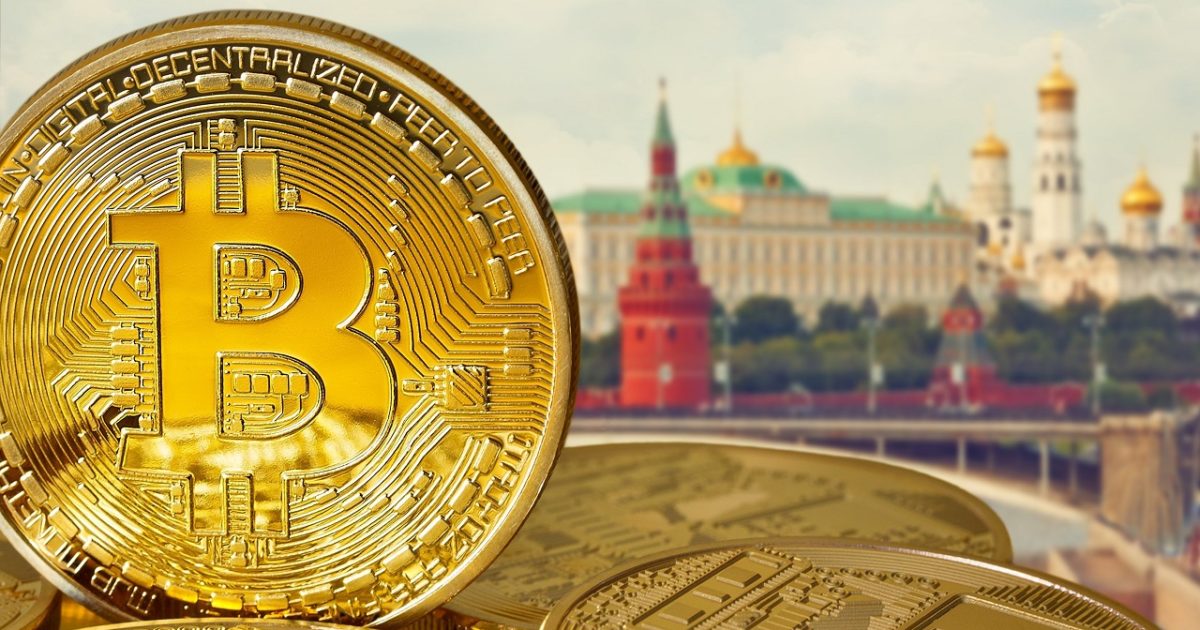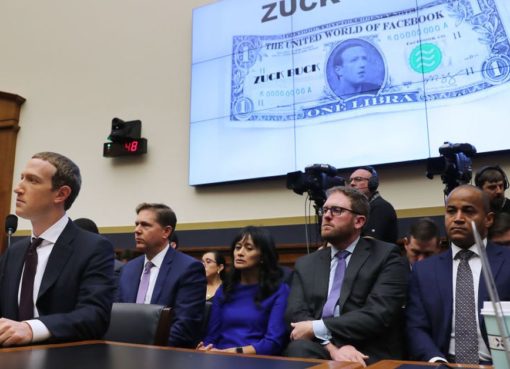Russian authorities are yet to reach full consensus on the future of cryptocurrencies but government institutions are on the same side of the fence in their intention to ban bitcoin payments. Other operations with digital assets are to be legalized and regulated, representatives of Russian business have revealed.
Russian Central Bank, Finance Ministry Agree to Prohibit Crypto Payments
The Central Bank of Russia, the Ministry of Finance and the government have converged on the question of how to regulate Russia’s crypto space. Decentralized digital currencies will not be accepted as a means of payment, the head of the Russian Union of Industrialists and Entrepreneurs (RSPP) Alexander Shokhin told reporters following a meeting devoted to digitalization.
Last month, Bank of Russia urged for a wide-ranging ban of crypto-related activities, including their use in payments, exchange and mining. The hardline policy proposal was met with opposition from other institutions, including the finance ministry which came up with its own vision of how cryptocurrencies should be treated. Siding with the treasury’s stance, the federal government adopted a plan which favors regulation over prohibition.
“It is already clear that both sides in this discussion have generally come closer. In particular, if we are talking about prohibitions, then that is rather about a ban on the use of cryptocurrency as a means of payment, while other aspects are subject to regulation,” Shokhin was quoted as saying by the daily Izvestia. According to the government-approved regulatory concept, coins can be bought, exchanged, and sold, the report notes.
Vladimir Potanin, co-chairman of RSPP’s Coordinating Council and president of Nornickel, noted that the regulatory bodies are still seeking agreement on the details of Russia’s crypto framework but he emphasized that all of them support a ban on the use of cryptocurrency as a legal tender.
“The business community has reached an understanding with the government, the central bank and lawmakers that cryptocurrencies are more complicated and difficult to regulate than digital financial assets,” the billionaire elaborated, quoted by Forklog.
While regulating certain aspects of the crypto economy such as the issuance of tokens, the Russian law “On Digital Financial Assets,” which went into force in January of last year, left many unanswered questions. A working group at the State Duma, the lower house of parliament, is now preparing legislation to fill the gaps.
A new law introducing comprehensive rules for the circulation of cryptocurrencies in Russia, based on the finance ministry’s proposals, is expected by Feb. 18. Earlier this week, the chairman of the Financial Market Committee Anatoly Aksakov announced that a draft is already on his desk. Deputies plan to adopt it during the spring session of the Duma.
Do you expect Russia to regulate cryptocurrencies by the parliament’s summer recess? Tell us in the comments section below.
Image Credits: Shutterstock, Pixabay, Wiki Commons
Disclaimer: This article is for informational purposes only. It is not a direct offer or solicitation of an offer to buy or sell, or a recommendation or endorsement of any products, services, or companies. Cryptox.trade does not provide investment, tax, legal, or accounting advice. Neither the company nor the author is responsible, directly or indirectly, for any damage or loss caused or alleged to be caused by or in connection with the use of or reliance on any content, goods or services mentioned in this article.




